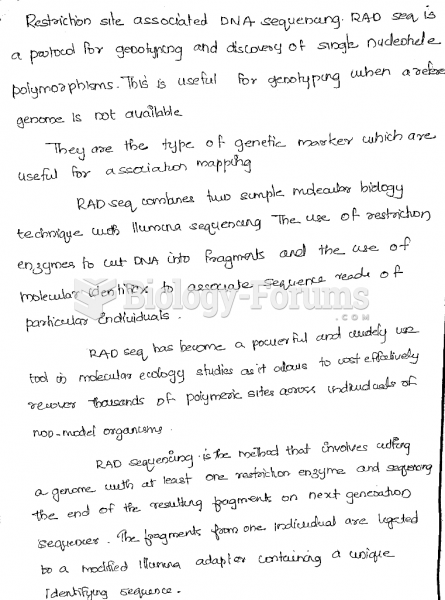Answer to Question 1
Americans are more open and talk freely about almost anything, whereas Japanese will disclose little about their inner thoughts or private issues. Americans are willing to have a wide public self, disclosing their inner reactions verbally and physically. In contrast, the Japanese prefer to keep their responses largely to their private self. The Japanese share only a small portion of their thoughts. Cultural clashes between the public and private selves in intercultural communication between Americans and Japanese result when each party forces its cultural norms of communication on the other. In the American style, the American's cultural norms of explicit communication impose on the Japanese by invading the person's private self. The Japanese style of implicit communication causes a negative reaction from the American because of what is perceived as too much formality and ambiguity, which wastes time. The Japanese believe that true intentions are not readily revealed in words or contracts but are, in fact, masked by them. In contrast to the typical American's verbal agility and explicitness, Japanese behaviors and communications are directed to defend and give face for everyone concerned; to do so, they avoid public disagreements at all costs. American managers benefit from scheduling more time for transactions, developing patience, and learning to get at needed information in more subtle waysafter building rapport and taking time to observe the local system for exchanging information.
Answer to Question 2
Japanese tend to be indirect, and Americans are direct. Japanese focus on relationship communication, while Americans focus on task communication. Confrontational strategies are more acceptable in the United States but discouraged in Japan. Americans want immediate feedback, while Japanese delay feedback. Japanese are patient, longer-term negotiators, and Americans are shorter-term negotiators.







